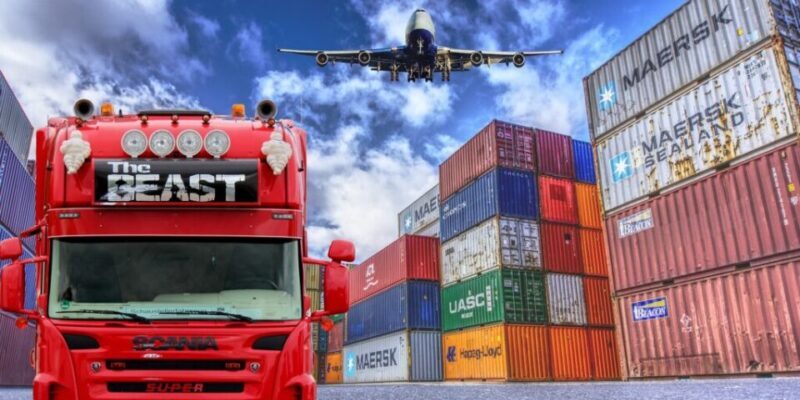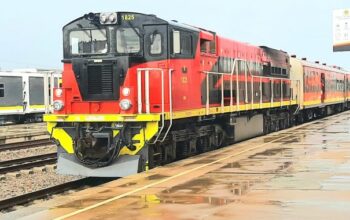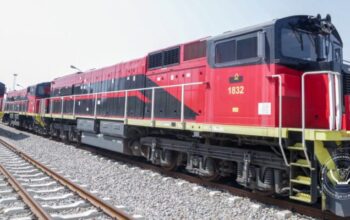South Africa’s Minister of Finance, Enoch Godongwana, has announced a substantial investment plan aimed at improving the country’s transport and logistics infrastructure.
As part of the 2025 budget, the government has earmarked R402 billion for infrastructure projects that will enhance road networks, rail services, and logistics efficiency, with the goal of addressing long-standing challenges and stimulating economic growth.
A significant portion of this budget is allocated to the South African National Roads Agency (SANRAL), which will receive R100 billion over the medium term.
This funding will ensure that the national road network remains in optimal condition, enabling the efficient transportation of goods and people.
Well-maintained roads are vital for economic activity, especially for businesses that depend on effective logistics to stay competitive.
The Passenger Rail Agency of South Africa (PRASA) is another major recipient of the funding. With a focus on rebuilding infrastructure and improving services for low-income commuters, the government has set aside an additional R19.2 billion over the medium term to upgrade critical railway signalling systems.
These upgrades will increase train frequency in key areas such as Mamelodi, Kwa-Mashu, Motherwell, and Khayelitsha, allowing trains to run every 10 minutes.
This initiative aims to provide affordable and reliable transport, ultimately reducing household transportation costs.
In addition, the allocation will support PRASA’s rolling stock renewal program, which has already delivered 241 new trains.
These modern trains are expected to enhance passenger capacity and improve reliability. However, PRASA has faced challenges in its procurement processes.
To address this, management has implemented measures, including live audits for major procurement projects, to improve transparency and ensure accountability.
Meanwhile, Transnet, South Africa’s state-owned freight logistics company, is undergoing a significant recovery plan after facing financial and operational difficulties.
Rail volumes have declined from 226.3 million tonnes in 2017/18 to 151.7 million tonnes in 2023/24, primarily due to derailments, inefficiencies, and infrastructure damage.
However, recovery efforts are showing positive results, with rail volumes expected to reach 165.4 million tonnes by the end of 2024/25.
Despite these improvements, Transnet remains financially strained. In 2023/24, the company reported a net loss of R7.3 billion, up from R5.1 billion the previous year.
Rising finance costs, driven by increased borrowing and high interest rates, contributed to the losses. Transnet’s total finance costs reached R14.3 billion in 2023/24, further impacting its cash flow.
Earnings before interest, taxes, depreciation, and amortisation (EBITDA) also declined from R22.8 billion in 2022/23 to R22 billion, as rising operational expenses offset revenue gains.
To stabilize its financial position, Transnet has redirected funds from capital expenditure to debt servicing since 2018.
In December 2023, the government provided a R47 billion guarantee, enabling Transnet to refinance maturing debt and secure new funding.
However, the government has ruled out further debt relief or general balance sheet support. Instead, it is making direct investments in critical infrastructure projects, such as expanding the land-side container terminal in Cape Town.
With borrowing continuing to rise, with total debt increasing by R7.6 billion to R137.7 billion between March 2023 and March 2024, effective debt management remains a priority for Transnet.
The government’s interventions are aimed at strengthening the logistics sector while ensuring long-term financial sustainability.
The 2025 budget underscores the government’s commitment to revitalizing South Africa’s transport and logistics sectors.
By investing significantly in road, rail, and freight infrastructure, this plan is expected to enhance efficiency, support economic growth, and improve the quality of transport services for the country’s citizens.




